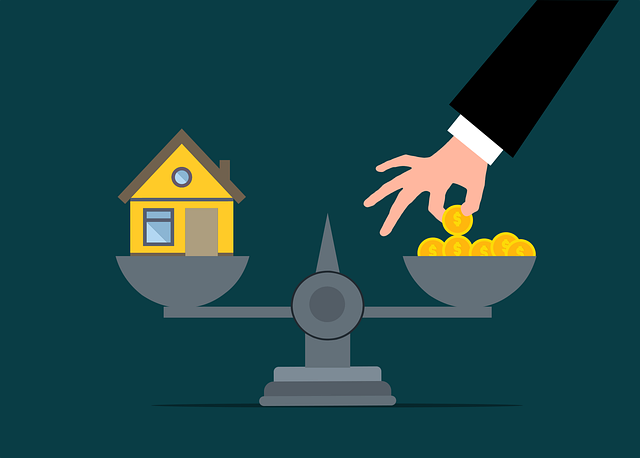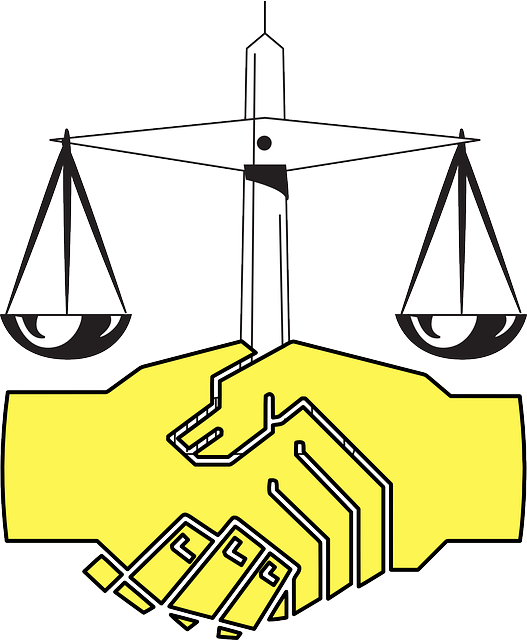Graduate students burdened by significant loan debt face a financial crisis, but exploring loan consolidation options offers a vital step towards recovery. Combining multiple loans into one with potentially lower interest rates simplifies repayment. Emergency debt assistance and debt settlement programs provide alternative solutions, offering manageable payment structures and even potential debt elimination. Federal and private loan consolidation programs differ in rates and benefits, while tailored debt reduction plans help reclaim financial control during times of strain.
Struggling with student loan debt? You’re not alone. Many students face a financial crisis, but there are authentic options for relief. This comprehensive guide reveals powerful tools like loan consolidation, offering benefits such as lower monthly payments and a single, manageable loan. We’ll explore various consolidation programs, from federal to private, and unpack eligibility criteria. Additionally, discover financial crisis solutions, government initiatives, and non-profit organizations dedicated to easing the burden of student loans. Take control with effective debt reduction strategies and create a personalized plan for financial freedom.
- Understanding Loan Consolidation Options
- – Definition and Benefits of Loan Consolidation
- – Types of Loan Consolidation Programs (e.g., Federal vs. Private)
Understanding Loan Consolidation Options

Many students graduate college with significant loan debt, facing a financial crisis that can feel insurmountable. Understanding loan consolidation options is a crucial step in managing and reducing this burden. This process involves combining multiple loans into one, simplifying repayment and potentially lowering interest rates. It’s one of several financial crisis solutions available to those struggling with high-interest loans debt consolidation.
There are various types of debt reduction plans, including income-driven repayment plans and forgiveness programs, which can offer relief for borrowers who meet specific criteria. Additionally, emergency debt assistance programs and debt settlement programs provide alternative options for those in dire straits. These solutions aim to help individuals regain financial stability by offering more manageable payment structures and, in some cases, reducing or eliminating their debt altogether.
– Definition and Benefits of Loan Consolidation

Many students and graduates struggle with the burden of student loan debt, often finding themselves in a financial crisis. Among the solutions available is loan consolidation, a strategic approach to simplifying and potentially reducing the overall debt load. Loan consolidation options allow borrowers to combine multiple loans into a single, more manageable loan with a fixed interest rate. This not only streamlines repayment but can also result in significant savings over time by eliminating the need to make several monthly payments.
By consolidating debts, individuals can navigate their financial challenges more effectively and explore various debt reduction plans. Emergency debt assistance programs often offer consolidation as a core strategy, providing much-needed relief during times of financial strain. These programs are designed to help borrowers break free from the cycle of high-interest payments and multiple loan servicers, offering a clearer path towards financial stability and recovery. Debt settlement programs, another crucial aspect of financial crisis solutions, can also incorporate consolidation as part of their debt reduction efforts.
– Types of Loan Consolidation Programs (e.g., Federal vs. Private)

In times of financial crisis, students often find themselves burdened with a mountain of loan debt. Fortunately, there are various loan consolidation options available to help alleviate this strain. One of the primary distinctions lies between federal and private loan consolidation programs. Federal consolidation offers benefits like fixed interest rates, income-driven repayment plans, and forgiveness programs after 20 or more years of qualifying payments. These programs are designed to assist borrowers in managing their debt more effectively and can be a solid first step towards achieving financial stability.
On the other hand, private loan consolidation provides flexibility and potential lower interest rates, but without the same guarantees or benefits as federal consolidation. Private lenders may offer personalized terms tailored to individual needs, making it an attractive option for those seeking customized debt reduction plans. However, it’s crucial to compare offers from different lenders to ensure you’re getting the best deal, considering both short-term and long-term savings in the context of your emergency debt assistance needs. Remember, exploring these debt settlement programs can be a strategic move towards overcoming loan debt and reclaiming financial control.







